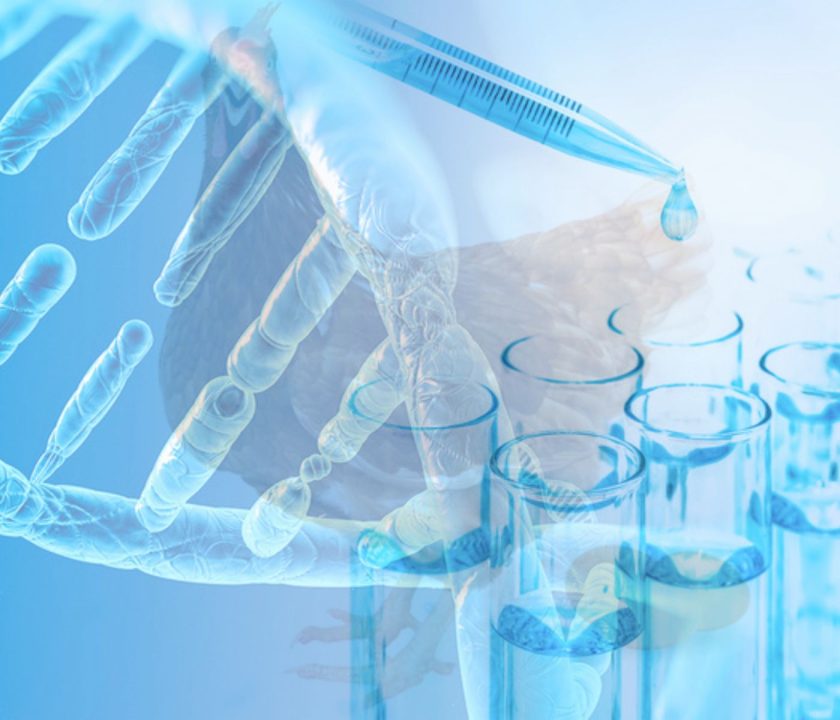Israeli scientists have produced gene-edited hens with the objective to only lay females as a measure to stop the culling of more than seven million male chicks produced worldwide each year. Since as it is known, males are considered unproductive because they cannot lay eggs and are unfeasible to raise them for meat.
This research has been carried out for seven years at the Volcani Institute. Dr. Yuval Cinnamon is the embryology expert in charge of this research and has talked with several media about the project he called the “Golda Hen.” He also considers that this study will significantly impact animal welfare in the poultry sector.
“I am very happy that we have developed a system that I think can truly revolutionize the industry, first of all for the benefit of the chickens but also for all of us because this is an issue that affects every person on the planet,” he said to the BBC.
Additionally, Dr. Cinnamon said to the Times of Israel: “The size of the egg-laying market in the world is estimated at about 7 billion laying hens, and for each hen, a male chick is culled. The production of table eggs in the world is estimated at over two trillion eggs per year — over 80 million tons.”
The gene-edited hens result from editing the DNA of the hens, specifically the hen’s z chromosome, to stop the development of male embryos in the eggs. As was reported, the DNA is activated when the eggs are exposed to blue light for several hours.
Roosters carry the Z chromosome while hens carry Z for males and W for females. The coupling of two Zs leads to a male chick being born. If the mother supplies the W chromosome to the father’s Z, a female chick will emerge.
- During the process, the female embryos are not affected by blue light and have normal development being the female chicks to lay table eggs.
On the other hand, the Golda hens will be kept at poultry breeding centers, and their offspring will be sold to farmers to continue producing table eggs.
Different organizations, such as the UK-based animal welfare organization Compassion in World Farming (CIWF), have closely followed the study for three years, expressing that this achievement could be a really important development for animal welfare.
Peter Stephenson, the chief policy advisor at CIWF, said: “The next important step is to see whether the hen and the female chicks she produces, who will lay eggs for human consumption, can go through a commercial lifespan without any unexpected welfare issues arising.”
Source:
It may interest you: Mandatory OKT certification to sell eggs in Germany

